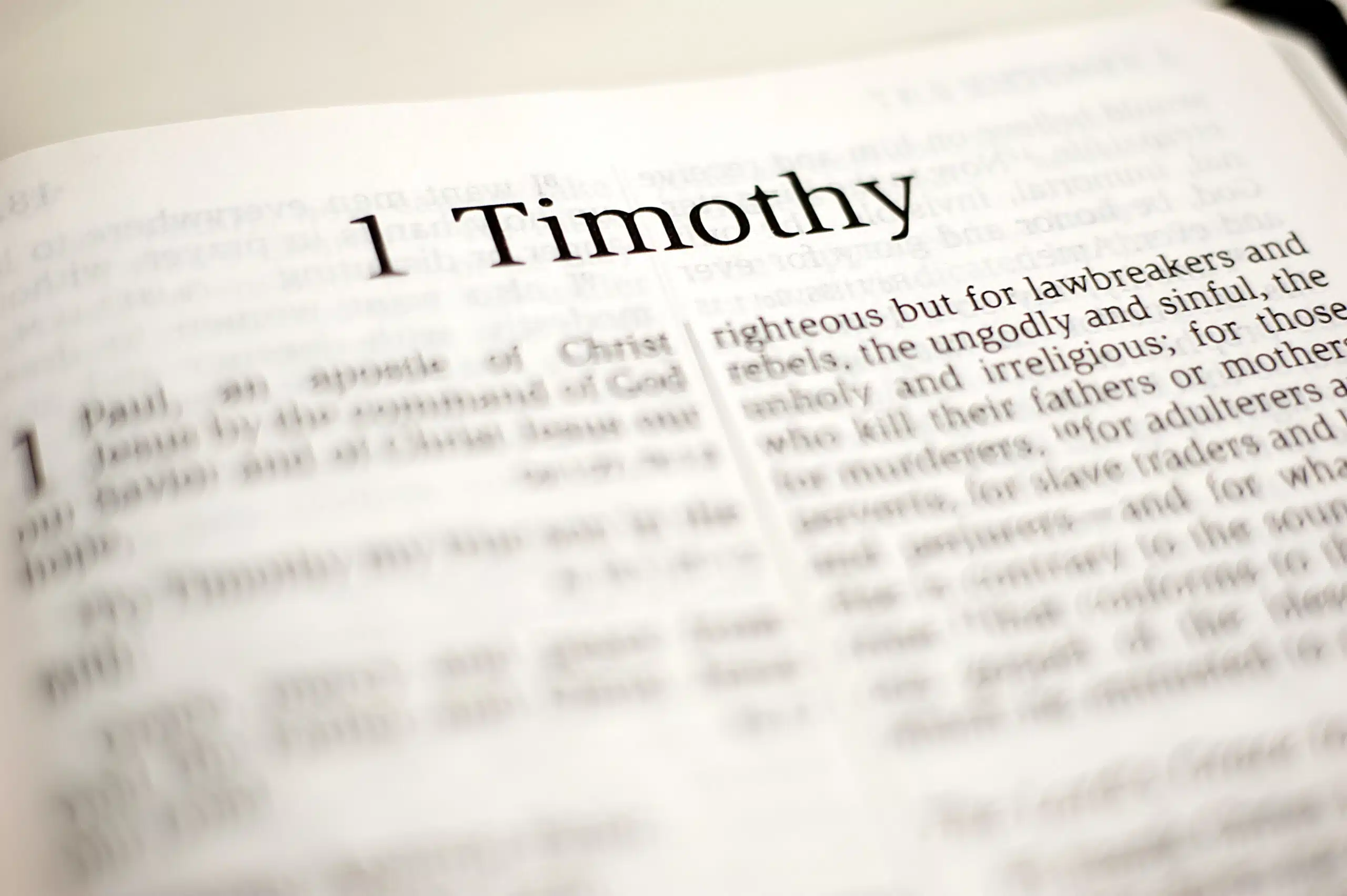The Second Epistle to Timothy was written by the Apostle Paul to his spiritual son, Timothy, while Paul was imprisoned in Rome (cf. 2 Timothy 1:17). It stands as Paul’s final recorded letter and serves as a heartfelt apostolic charge, filled with pastoral guidance, encouragement, and warnings. It is both deeply personal and doctrinal, aimed at preparing Timothy for continued faithful ministry in the face of coming challenges.
Major Themes:
-
A Call for Endurance and Faithfulness in Ministry
-
Warnings about Various Kinds of Ministers
-
Perilous Times in the Last Days
-
Paul’s Final Reflections and Hope of Reward
1. A Call for Timothy to Be Strong and Faithful in Ministry
Paul opens the letter urging Timothy to rekindle the spiritual gift God had given him, which was imparted through the laying on of Paul’s hands:
“For this reason I remind you to fan into flame the gift of God, which is in you through the laying on of my hands. For the Spirit God gave us does not make us timid, but gives us power, love and self-discipline.”
— 2 Timothy 1:6–7 (NIV)
Paul emphasizes that ministry is like a fire that must be constantly stirred and maintained. He encourages Timothy to remain strong, unashamed of the gospel, and ready to suffer for Christ (1:8).
Like a Soldier, Athlete, and Farmer (2 Timothy 2:3–7)
Paul uses three vivid metaphors to illustrate how Timothy should approach ministry:
-
A Soldier — Focused and undistracted by civilian affairs (v.4)
-
An Athlete — Competing according to the rules to win the crown (v.5)
-
A Farmer — Hardworking and first to enjoy the fruits of labor (v.6)
These metaphors highlight discipline, commitment, and endurance.
“Reflect on what I am saying, for the Lord will give you insight into all this.”
— 2 Timothy 2:7 (NIV)
Rightly Handling the Word
Paul urges Timothy to present himself as one approved by God, correctly handling the word of truth:
“Do your best to present yourself to God as one approved, a worker who does not need to be ashamed and who correctly handles the word of truth.”
— 2 Timothy 2:15 (NIV)
This reflects the importance of sound doctrine and integrity in teaching.
Moral Discipline
Timothy is told to flee youthful passions and pursue righteousness, faith, love, and peace (2:22). He is to be ready to preach the word at all times—whether it is convenient or not:
“Preach the word; be prepared in season and out of season; correct, rebuke and encourage—with great patience and careful instruction.”
— 2 Timothy 4:2 (NIV)
Ministry requires persistence, moral integrity, and readiness.
2. Profiles of Fellow Ministers: Warnings and Encouragements
Paul outlines various kinds of people Timothy will encounter in ministry:
-
The Faithful:
Onesiphorus and his household, and Luke, who remained loyal (1:16–17; 4:11). -
Those on Mission Elsewhere:
Crescens and Titus (4:10b), who were separated from Paul for legitimate ministry reasons. -
Those Who Abandoned Paul:
Demas, who “loved this world” and deserted Paul (4:10a), showing the danger of misplaced affections. -
False Teachers:
Hymenaeus and Philetus, who deviated from the truth and led others astray (2:17–18). -
Active Opponents:
Alexander the metalworker, who did Paul “a great deal of harm” (4:14). Paul warns Timothy to be careful of such people.
These examples serve as real-world ministry lessons—to encourage Timothy to persevere, to avoid false teachers, and to uphold sound doctrine.
3. Perilous Times in the Last Days
Paul gives a sobering description of the “last days” and what characterizes them:
“But mark this: There will be terrible times in the last days. People will be lovers of themselves, lovers of money, boastful, proud, abusive…”
— 2 Timothy 3:1–5 (NIV)
He lists nineteen characteristics of people during these times—self-centeredness, lack of love, moral depravity, and religious hypocrisy (having a form of godliness but denying its power).
“Have nothing to do with such people.”
— 2 Timothy 3:5 (NIV)
Paul warns that opposition to truth will grow. He likens false teachers to Jannes and Jambres, the magicians who opposed Moses (3:8), indicating that resistance to truth is not new but will intensify.
4. Holding Fast to the Gospel and Apostolic Teaching
Timothy is instructed to:
-
Continue in what he has learned from Paul’s teaching and godly example (3:14–15).
-
Pass on the truth to reliable people who can teach others (2:1–2).
-
Avoid foolish arguments, controversies, and quarrels that are unproductive (2:16, 23–26).
These instructions underline the generational nature of discipleship and the need to maintain purity of doctrine and conduct.
5. Paul’s Final Reflections: A Life Poured Out
Paul ends the letter with a moving farewell, reflecting on his life and ministry:
“For I am already being poured out like a drink offering, and the time for my departure is near. I have fought the good fight, I have finished the race, I have kept the faith.”
— 2 Timothy 4:6–7 (NIV)
He looks forward to the “crown of righteousness” that the Lord will award him—and not only him, but all who long for Christ’s appearing (4:8).
This affirms the hope of eternal reward for all faithful believers, and encourages Timothy to persevere in view of that hope.









